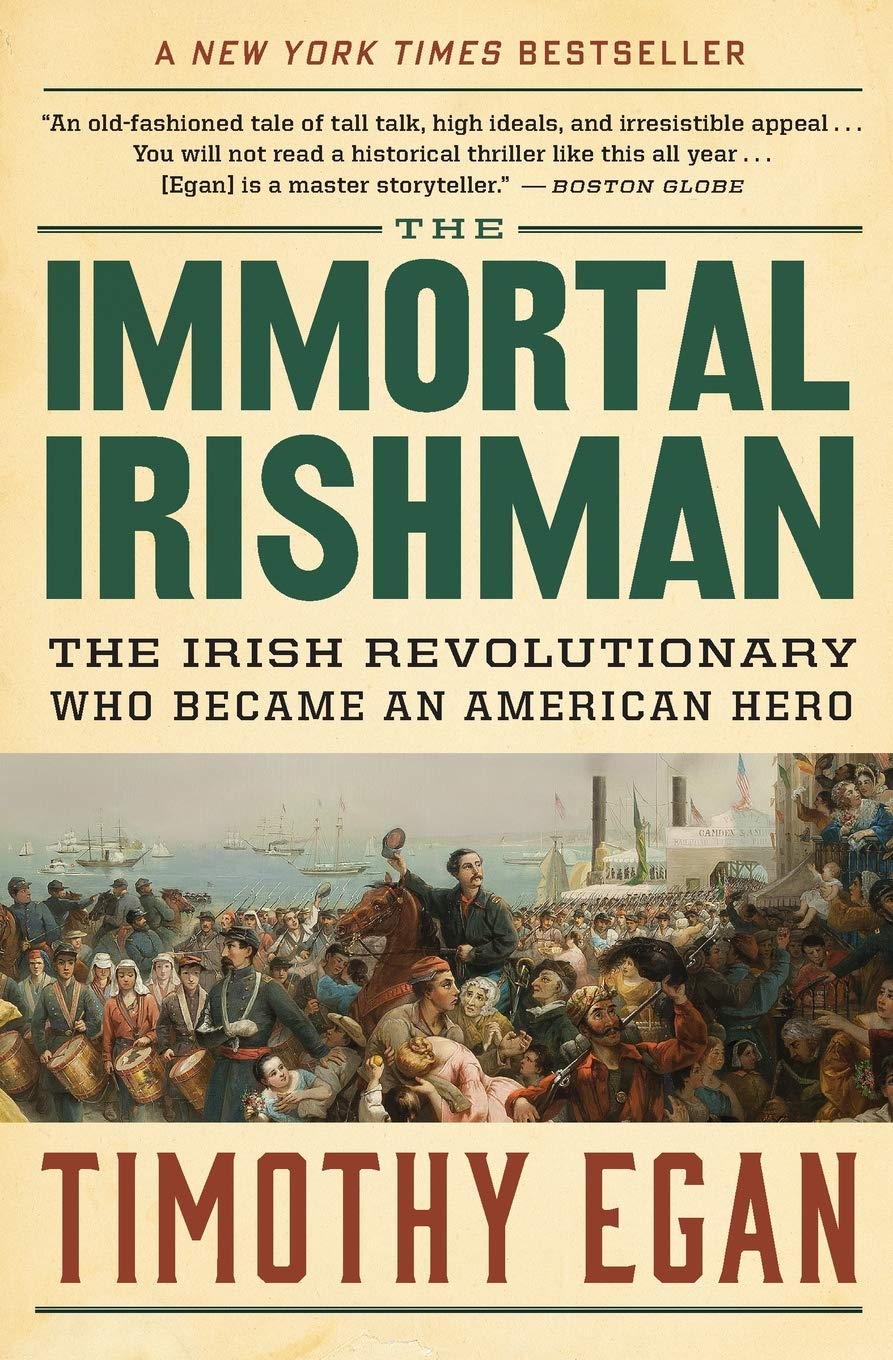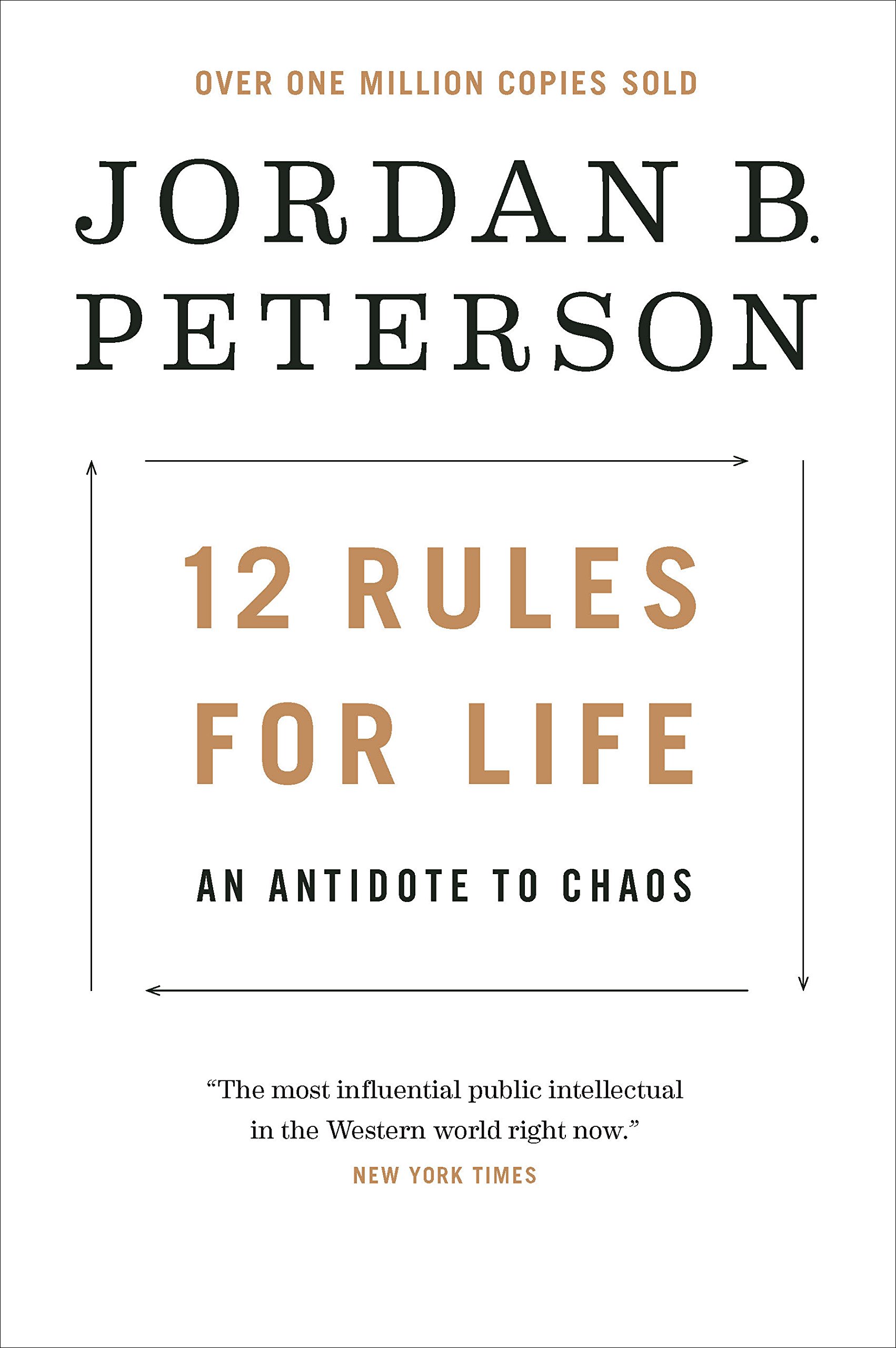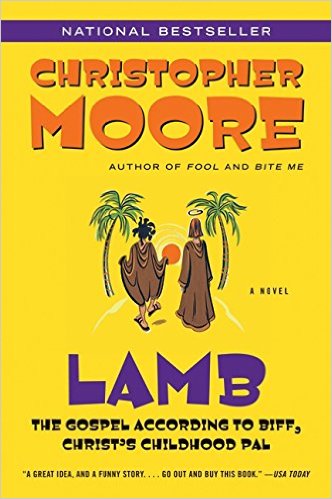Simon Winchester brilliantly tells this incredible tale, but he is careful to remind readers that the intrigue and entertainment so enjoyed came at a terrible cost.
This has been the story of an American soldier whose involvement in the making of the world’s greatest dictionary was singular, astonishing, memorable and laudable and yet at the same time wretchedly sad. In the telling, it’s tempting to forget that the circumstances that placed William Chester Miner in the position in which he was able to contribute all his time and energy to the making of the OED was his horrible and unforgivable commission of a murder. This book is offered as a small testament to the late George Merritt of Wiltshire and Lambeth, without whose untimely death these events would have never unfolded, and this tale could never have been told.
William Chester Miner was certifiably insane; he was also brilliant. He was raised in the home of a congregational minister in the mid-1800s on the island of Cylon. As a young teenager, he was sent away from his family, back to the United States to pursue further education. From early on, Miner exhibited a significant sexual appetite. His Christian roots made it impossible for him to discuss his sexual struggles openly, so he remained shackled by fear, guilt, and shame. Finally, at Yale, he dispensed with his faith, so he could fully imbibe in his sexual addictions without the accompanying fear or guilt. He pronounced himself an atheist and beat a steady path into whatever red-light districts happened to be close to him. His studies led him to become a surgeon, and as circumstances would have it, he volunteered to serve as a captain in the civil war. His sensitive mind was not able to adequately handle the trauma of battle. In particular, Miner was given the grizzly task of branding deserters in the face with a hot iron. This brutality, combined with the unhealthy effects of his sexual addictions caused him to lose his mind. He became a paranoid lunatic. Miner’s mental instability led him to shoot and kill George Merritt, a poor factory worker and father of seven. The murder took place in England and caused an international scandal, that filled the papers on both sides of the Atlantic. Miner was declared criminally insane and interned at Broadmore Lunatic Asylum in England. It was there, through a series of fascinating events where he became a crucial contributor in the development of the Oxford English Dictionary even becoming friends with the eminent editor of the OED Dr. James Murray. As Miner passed 60 years of age, he found himself becoming open to the idea of God once again, no doubt through the influence of his friend Murray who was a devote’ to the Christian faith. Murray intended Miner to experience solace in the acceptance of a divine all-powerful deity, but Miner’s re-entering into faith brought him headlong into the age-old struggle between Christianity and sex. He solved the issue as only an insane man could.
“He suddenly stopped thinking of his insanity as a treatable sadness and instead took to thinking of it as an intolerable affliction, a state of sin the needed constant purging and punishment. He began to regard himself not as a sorry creature, but as someone inexpressively vile endowed with dreadful habits and leanings. He was, in any case, a compulsive and obsessive masturbater and God would be certain to punish him dreadfully…Sexual pleasure and fantasy had given him as much pleasure as anything else in the world. Still, when he became Christianized, he saw that he must sever himself from the lascivious life that he had been leading and decided that the amputation of his penis would solve the problem.”
And so he did, in his cell with a string to cauterize the flow of blood and a penknife. When the deed was done, he cast his offending member into the fireplace, and then called for the warden so that he could be taken to the infirmary. Should he be faulted for his desire to escape the punishing hand of God? Wasn’t it Jesus who said, “And if your hand—even your stronger hand—causes you to sin, cut it off and throw it away. You should lose one part of your body than for your whole body to be thrown into hell.” Well, surely this was too extreme an application of Jesus’ missive. Even still how a Christian makes peace with sexual temptation finds no easy answer.
During the 16th -17th centuries, precision was becoming a priority more than ever before. The evolution of science demanded it. Precisely how long was a foot or a fathom? Exactitude for science, travel and invention became a British non-negotiable. But yet the English language was fluid and imprecise. The movement of dictionary writing began as a means to try to codify “to lock in” the English language — an effort to figure out what belonged and what didn’t. Jonathan Swift, for example, wanted words barred from the English language, for him “bamboozled” and “couldn’t” were decidedly inappropriate words and should be outlawed from the English language. Fortunately, the early designers of the OED realized a different purpose for their dictionary. The OED would not be a book written by critics determining what should and shouldn’t be in It. Instead, it was to be a reference that would capture each English word and its evolution through time. The project was a massive endeavour. Taking over 70 years to complete. Volunteers, (like Miner) were required to read through countless pages of English literature, collecting examples of the multifaceted ways in which individual words were used. Notecards with this vital information were mailed into editors who assembled everything.




